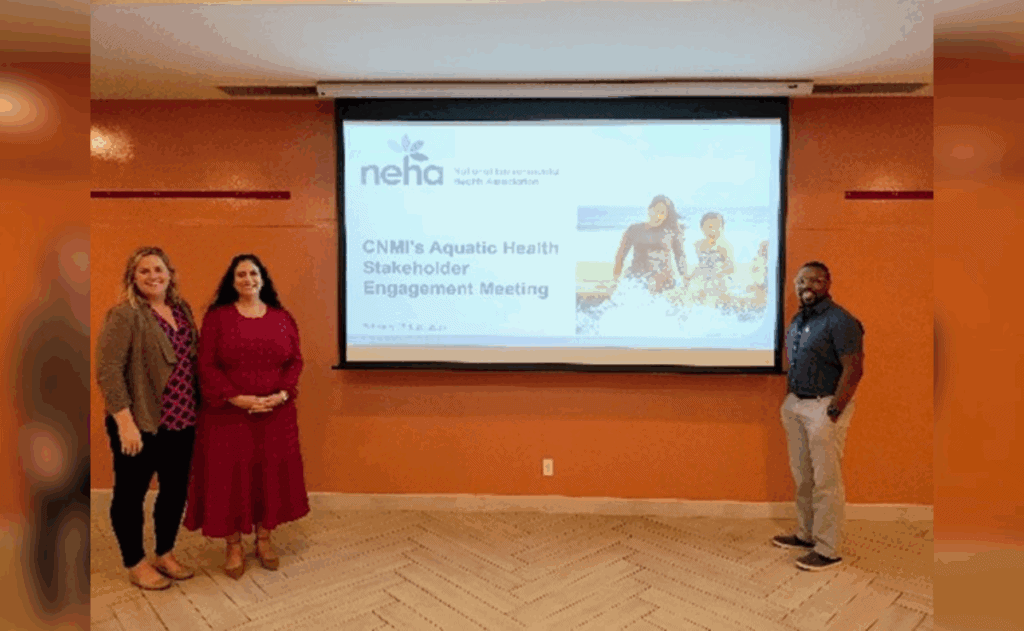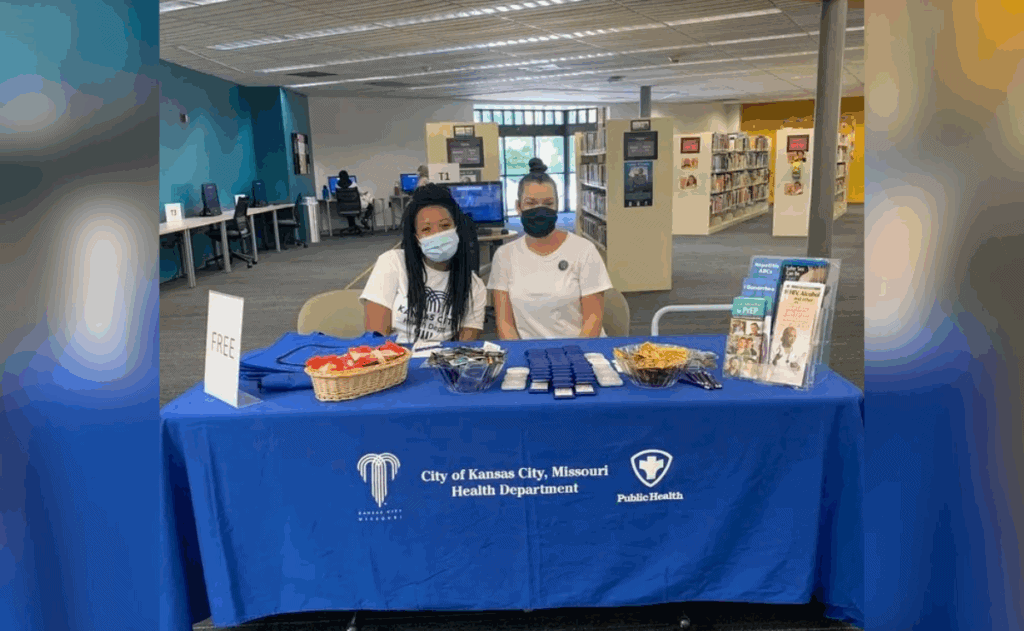Oklahoma Boosts Staff Wellness with PHIG-supported Wellness Portal
Workplace wellness programs are proven to improve employee retention and productivity by fostering a healthier, more engaged workforce. Oklahoma State Department of Health (OSDH) was able to procure a Wellness Portal for OSDH staff with the help of PHIG funds. The portal officially launched in March of 2024 with a 12-week “Spring Into Wellness Challenge,” which saw 156 OSDH staff register, with 33% completing at least half of the challenge. The year's final challenge, Walktober, encouraged staff to increase daily movement. A total of 88 staff members participated, collectively walking over 6,400 miles while receiving weekly wellness tips. With the support of PHIG funding, OSDH is bringing its vision—"Lead Oklahomans to prosperity through health”—to life by prioritizing the well-being of its staff.





